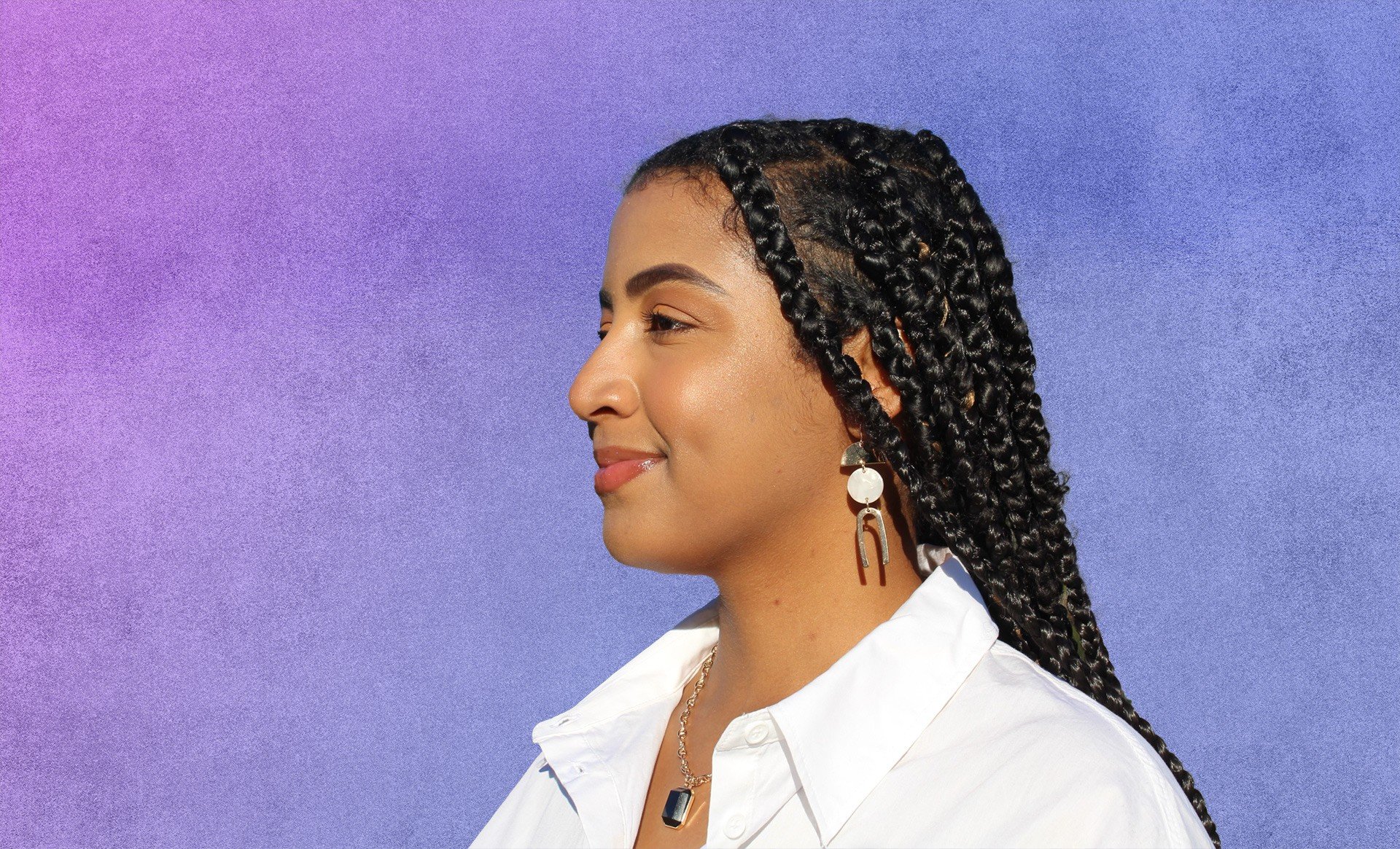Why I Reported on Obesity and Diet Culture in Black America
Credit: Demis Courquet-Lesaulnier
I spent a year talking with Black Americans about weight loss, body image, and Ozempic. Here’s what I learned.
By Anissa Durham
I was 8 and remember thinking my thighs were too big. I was 11 when I started my first diet. At 13, I was obsessed with the plant-based and vegan “culture” of dieting. Rarely did anyone question me when I said I needed to lose weight.
Looking back, I was an active kid at a healthy weight. But in my mind, I always needed to be thinner and smaller. I now know the way I portioned my food, skipped meals, and prioritized “clean” eating was just a disguise for disordered eating.
American culture is known to set a value and worth on people’s bodies, and that’s why I wanted to take on this project. Last year, I was intrigued with the idea of talking to other Black folks about what they think about their weight and body image in the age of “miracle drugs.”
I knew each conversation would be unique. However, where the conversations took me was surprising. Black people across the country, of different genders, ages, and backgrounds talked about grief, sexual abuse, self-hatred, self-love, and what it means to be a Black person whose body is constantly ridiculed and policed.
For girls, the pressure to lose weight starts in infancy. I lost pieces of my childhood constantly weighing myself, counting calories, and working out. I spent the bulk of my teen years yo-yo dieting, losing a few pounds only to gain it back, always wondering why I couldn’t get down to 117 pounds.
Now, in my early 20s, I’m constantly fighting societal pressure and standards to fit whatever the social media trending body type is. While the dieting has nearly stopped, and I’m at a weight that I feel mostly comfortable in — I can’t help but feel the remnants of an eating cycle I was stuck in for years. At times, I have to remind myself to eat or fight the urge to count calories.
Personally, I don’t think my story is all that special or different than many young Black women my age. I also recognize the way I thought about and treated my body, wasn’t my fault. Growing up in California, a few hours from Hollywood, you don’t have to look too far to see who is on a diet, talking about a diet, or obsessed with their body image.
Alishia McCullough, who lives in Playa del Carmen, Mexico, pointed to the “fatness is disgusting” subtext in shows like “The Biggest Loser.” Right image: Interview subjects were asked to write notes to their younger selves. KORAL CARBALLO FOR STAT
As a reporter, at times, it was heartbreaking to hear how my sources struggled with loving their bodies. It doesn’t help that entertainment and media have a way of focusing attention on the struggles of white bodies. This is why it was so important for our team to prioritize the views and opinions of Black bodies from the Black community.
As you read Black Voices, Black Bodies: Life in the Age of Ozempic, I hope you will empathize with people’s struggles and triumphs as they learn to love their bodies.
Perhaps you will relate to some of the experiences or maybe you won’t. The point is, in a society that profits off the desire to change and alter your body, I hope you think critically about how you view bodies that don’t fit the ideal standard, and why, as a culture, we have been conditioned to deem certain bodies as more beautiful, valuable, and worthy of love than others.
And as you read New Obesity Drugs Are Seemingly Everywhere—Black Folks Feel Left Out, I hope it broadens your perspective on the struggles people are facing to access a drug that can help people living with type 2 diabetes. Although Ozempic, Wegovy, and the like are being deemed miracle drugs — is it really a miracle drug if it’s out of reach for communities most affected by diabetes and obesity?
Jonathan Gustave said the comfort and connection with food became a crutch during difficult times. KIERRA BRANKER FOR STAT
I wrote these stories to spotlight Black bodies in the beautiful way they deserve to be seen — despite the pain that is reverberated in our experiences. If there is anything I’ve learned from this project, it is the importance of loving your body at every stage. It’s not worth it to waste years, decades, and a lifetime of hating our bodies.
We deserve to feel love. We deserve to feel seen. And we deserve to love our bodies.



